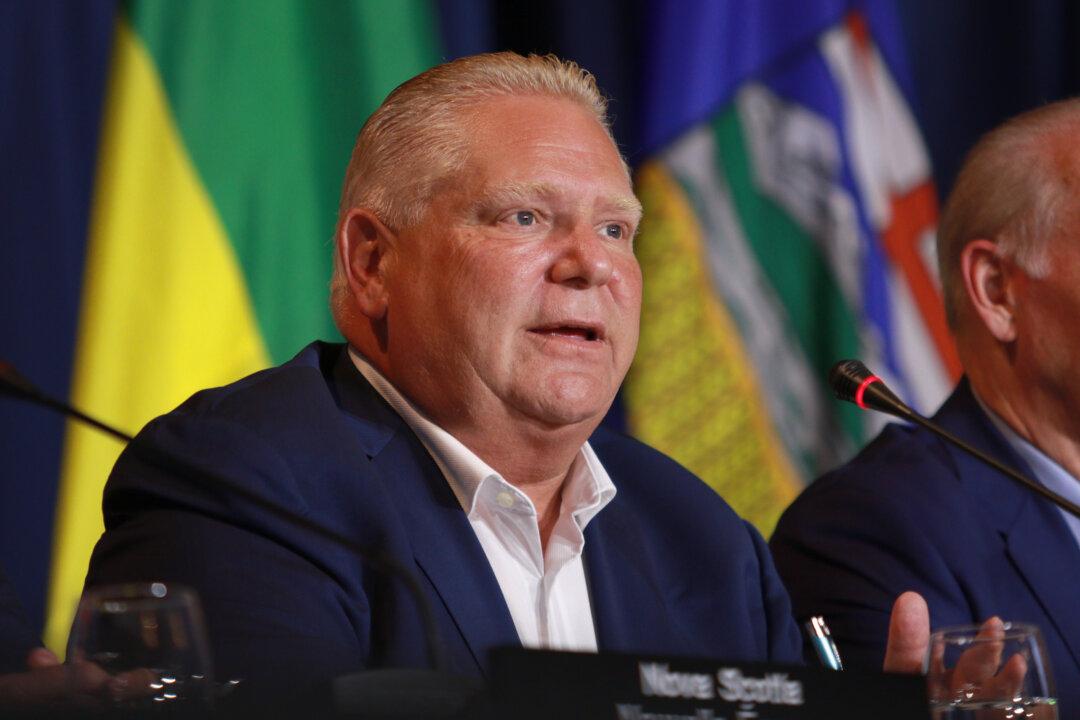Ontario Premier Doug Ford has confirmed he’s planning to hand the mayors of Toronto and Ottawa “veto” power similar to that of the U.S. municipal system.
Speaking to reporters at Queen’s Park in Toronto on July 20, Ford said he plans to bring in a “strong-mayor” system for Toronto and Ottawa so that mayors are given enhanced powers over financial matters and appointments.





